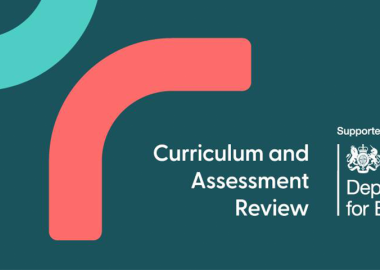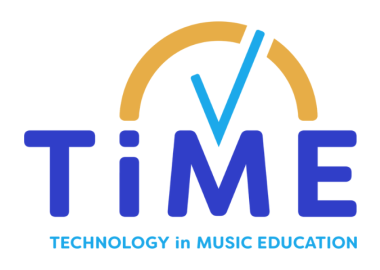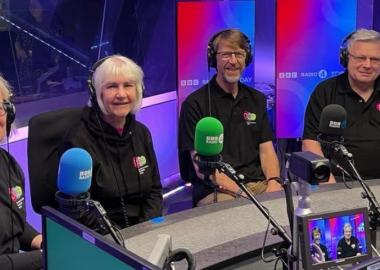Over a year ago now, the government’s consultation on making the proposed EBacc a compulsory measure for secondary schools closed, and we are still waiting to hear their response.
The EBacc would see a school’s performance rated according the percentage of its pupils successfully achieving the proscribed GCSE subjects - which do not include any of the arts.
A campaign led by ISM (the Incorporated Society of Musicians), which Making Music supports, has achieved much in recent years, not least the EBacc’s replacement by a measure called Progress 8 (which does include the arts) when it was first going to be introduced three years ago.
The omens do not look good this time, and what ISM predicted has started happening: schools have already seen a significant drop in students taking arts subjects at GCSE.
The campaign continues – valiantly - to put forward well-supported arguments that this will lead to future skills shortages in the cultural industries, and will make life harder for young people who may struggle with some of the core EBacc subjects by reducing their GCSE choices, once arts departments start disappearing.
But what is as important as the availability of music as an academic qualification, surely, is practical music education in a wider sense, whether undertaken in the classroom as part of the regular school day or as an extracurricular activity, in school or elsewhere.
And it is this which Making Music members I have spoken to worry about most: that young people nowadays are not getting the same opportunities they had, of learning an instrument or being part of a youth ensemble, at no or very low cost. Now, where provision exists, parents are usually asked to pay, restricting access.
There is an increasing body of evidence proving what most musicians and parents have known forever: that making music has benefits for children way beyond the technical mastery of an instrument, extending to the development of team and other soft skills, to improvements in concentration, and to better results in unrelated subjects such as Maths and English.
But there’s another reason to stand up for free access to music for young people and one that Making Music members are well placed to demonstrate: the continued effect music-making has had on their life, even if it did not become their career. This ranges from the sheer joy and fun of making music with others, to group musical activity being a significant support through difficult times in private or working lives, to having tangible beneficial effects on physical or mental health and isolation.
Recently, Matt Hancock, Minister for Digital and Culture at the Department for Culture, Media and Sport (DCMS), spoke about the arts giving young people ‘life chances’. An interesting choice of words, and right, to my mind: music gives children so much to carry forward into the rest of their life that the debate needs to be framed more widely than the EBacc in order to make sure the next generation benefits from all that an early introduction to music can contribute to their life.











